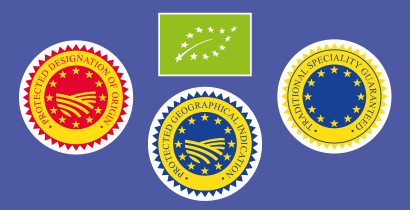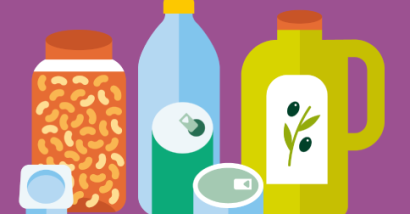Sustainability labelling

Sustainable food production is good for the environment. Ensuring a sustainable supply of food for the world's fast growing population is a major challenge. There is a growing demand for the public to be informed about the various impacts of food consumption, including effects on the environment. Hence sustainability-related food information schemes have become widespread on food and drink packages.
Quality labels: What are EU food quality schemes?
27 May 2021Quality is an important consideration both for consumers when purchasing food and for producers while negotiating the price of their products. This articles explains how the European Commission protects food products with distinctive quality characteristics through food quality schemes.
Food Quality Schemes: Addressing Common Questions
27 May 2021Some European foods are renowned for their unique quality characteristics (e.g. geographic origin or sustainable production methods). Various quality schemes protect these products at the EU and international levels, ensuring that they are recognised for their special qualities, protected against fraud and misuse, and that their producers are fairly compensated. This article answers some questions about such schemes and their relevance.
Food shelf life and its importance for consumers
16 October 2013Shelf-life is the length of time a food can be kept under stated storage conditions while maintaining its optimum safety and quality. Shelf life of a food begins from the time the food is manufactured and is dependent on many factors...


